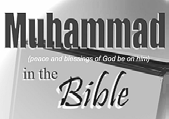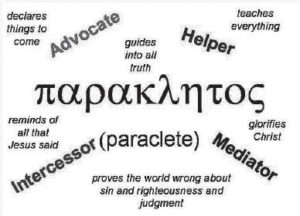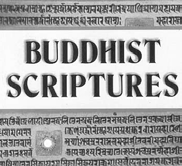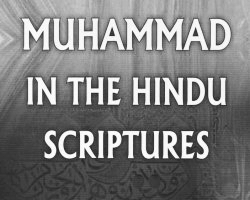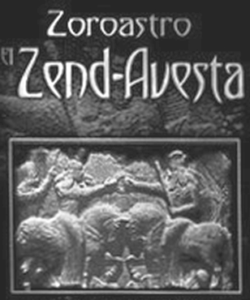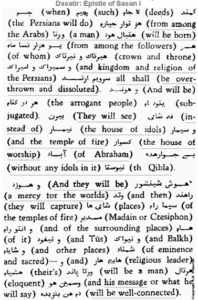Quran says – “Follow the messenger (Muhammad) …. Whom they will find described in the Torah and the Gospel (which are) with them’’
Prophet Muhammad (peace be upon him) was commanded by God to inform that he was not the only Messenger of God to the world [ref Quran 46:9]. Scholars say that there had been some 124,000 Prophets sent to the world who preached in the language of the respective people [ref Quran 14:4].
The true religion they preached and their scriptures got corrupted with passage of time (with the exception of Al Quran). However, the message on the last and greatest Prophet Muhammad (peace be upon him) is retained till date in the scriptures of all major world religions.
The Quran mentions in 7:157: Those who follow the Messenger, the unlettered prophet, whom they find written in what they have of the Torah and the Gospel,…
The scriptures also give faithful descriptions of Prophet Muhammad (peace be upon him). The revelation of the Quran and the Prophethood of Muhammad (peace be upon him) are signs and guidance from God for mankind as a whole. In the Quran, God Almighty constantly refers to Muhammad in universal terms: ‘‘The Seal of the Prophethood,’’ ‘‘Mercy to all the Worlds,’’ ‘‘Beginner of Glad Tidings’’ and a ‘‘Messenger of God.’’
If we compare the teachings of Muhammad (peace be upon him) with those of other Prophetic faiths—Judaism, Christianity and Zoroastrianism, we see commonality. However, as Muhammad (peace be upon him) was to be the last Prophet, it would only seem natural that he should be universal. It is because this—that Muhammad (peace be upon him) is God’s instrument of guidance for the world—that he has been mentioned in many of the previous revelations.
Incidentally, we find that in these scriptures statements implying plurality ofGod have been interpolated causing confusion with Monotheistic concept that is La ilaha il Allah in Arabic). But the statements amounting to Apostleship of Muhammad (peace be upon him) “Muhammadur Rasoolullah” is miraculously left intact in all major faiths.
Christian & Jewish Scriptures:
Very few people know about the relationship between Christianity, Judaism and Islam. Jews of Jesus time did not believe in Jesus, and instead followed all the teachings of Moses and denied Jesus…why?…because Jesus came after Moses. Similarly Christians and Jews both did not believe in Muhammad as he came after Jesus and Moses (peace be upon them all).
A Muslim’s belief is incomplete if he does not love and believe Jesus and Moses. And should accept the fact that Muhammad (peace be upon him) is the last prophet ‘‘the Seal of the Prophets’’. Bible (similar to Quran) speaks about all the Prophets from Adam to Jonah to






